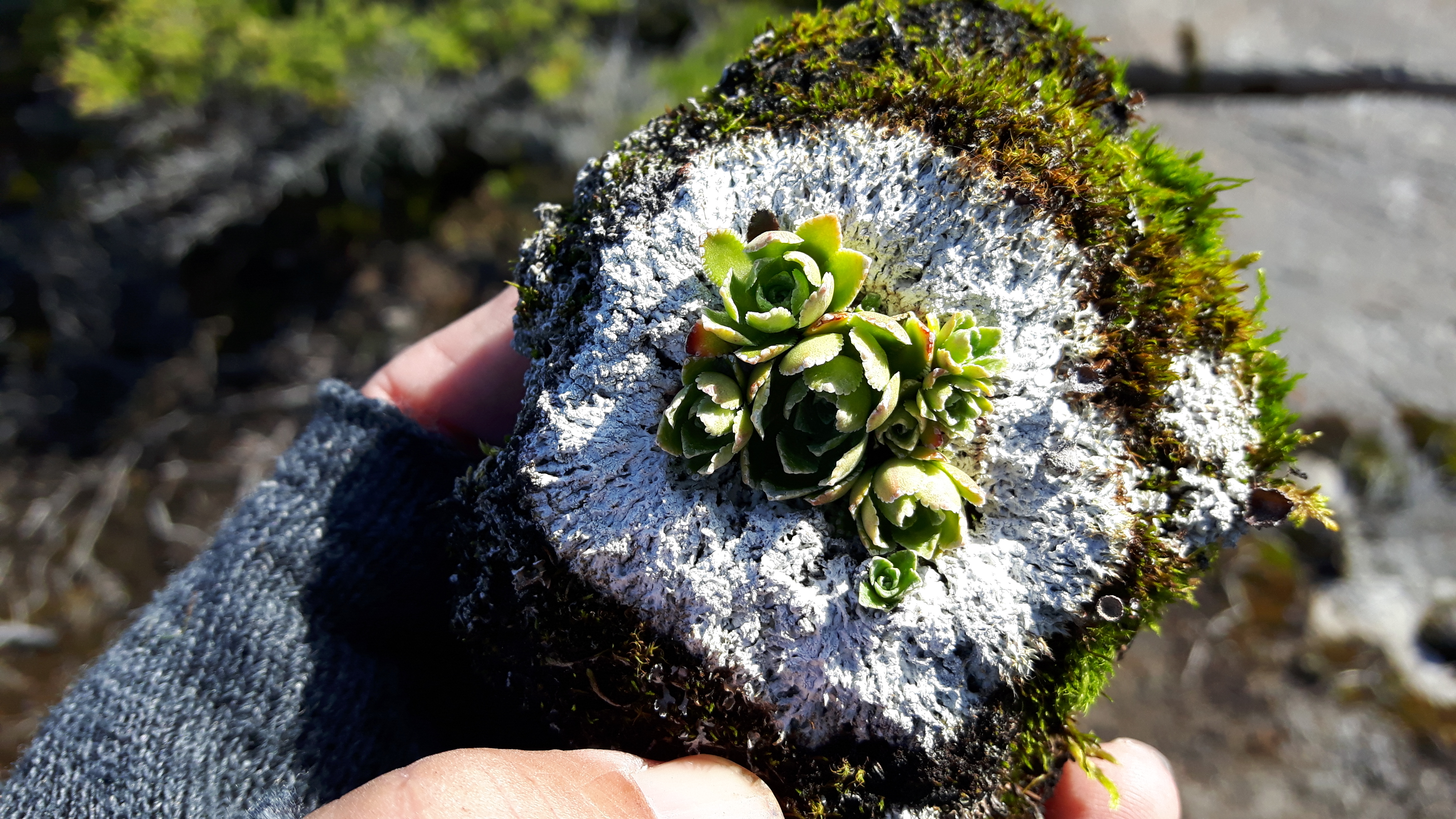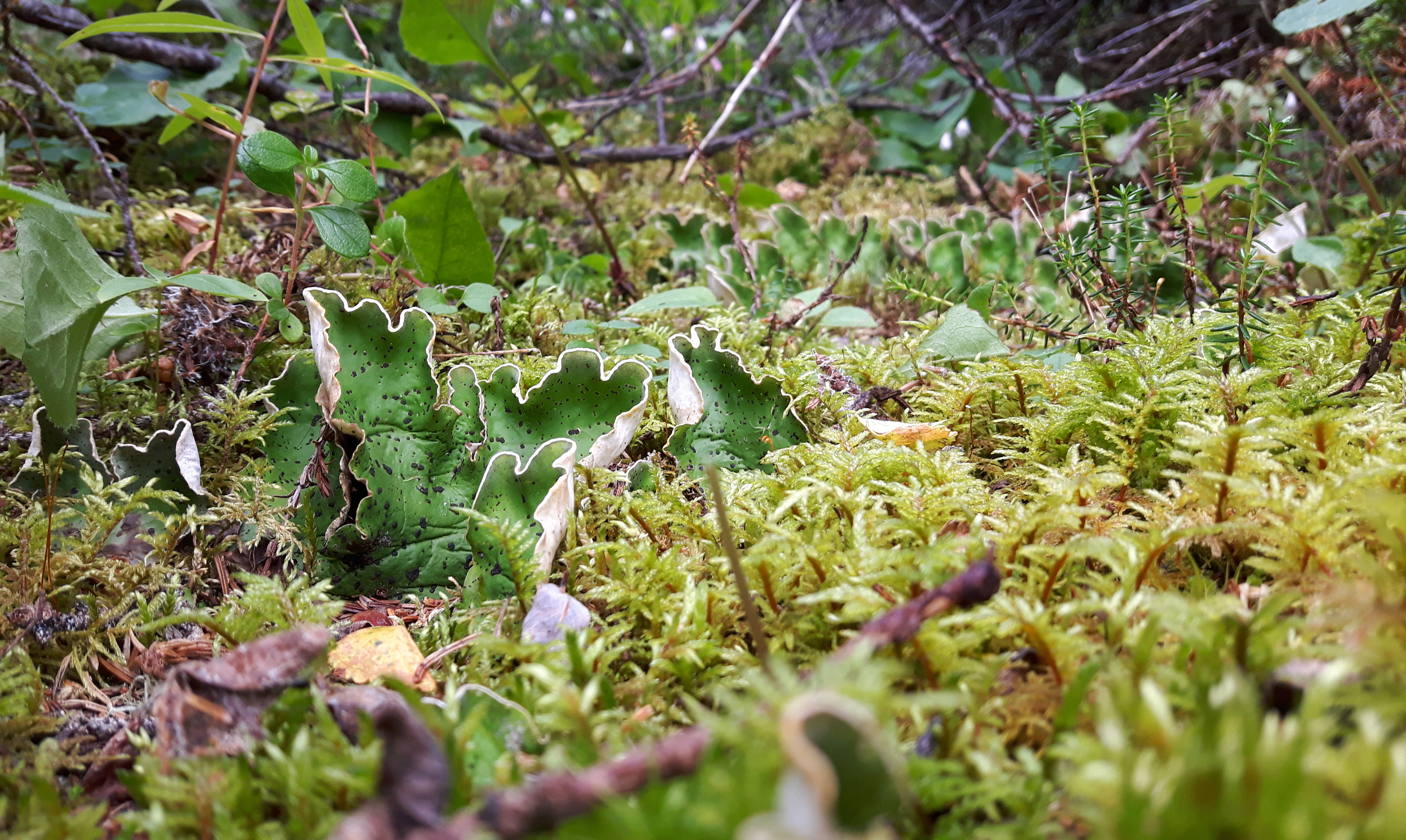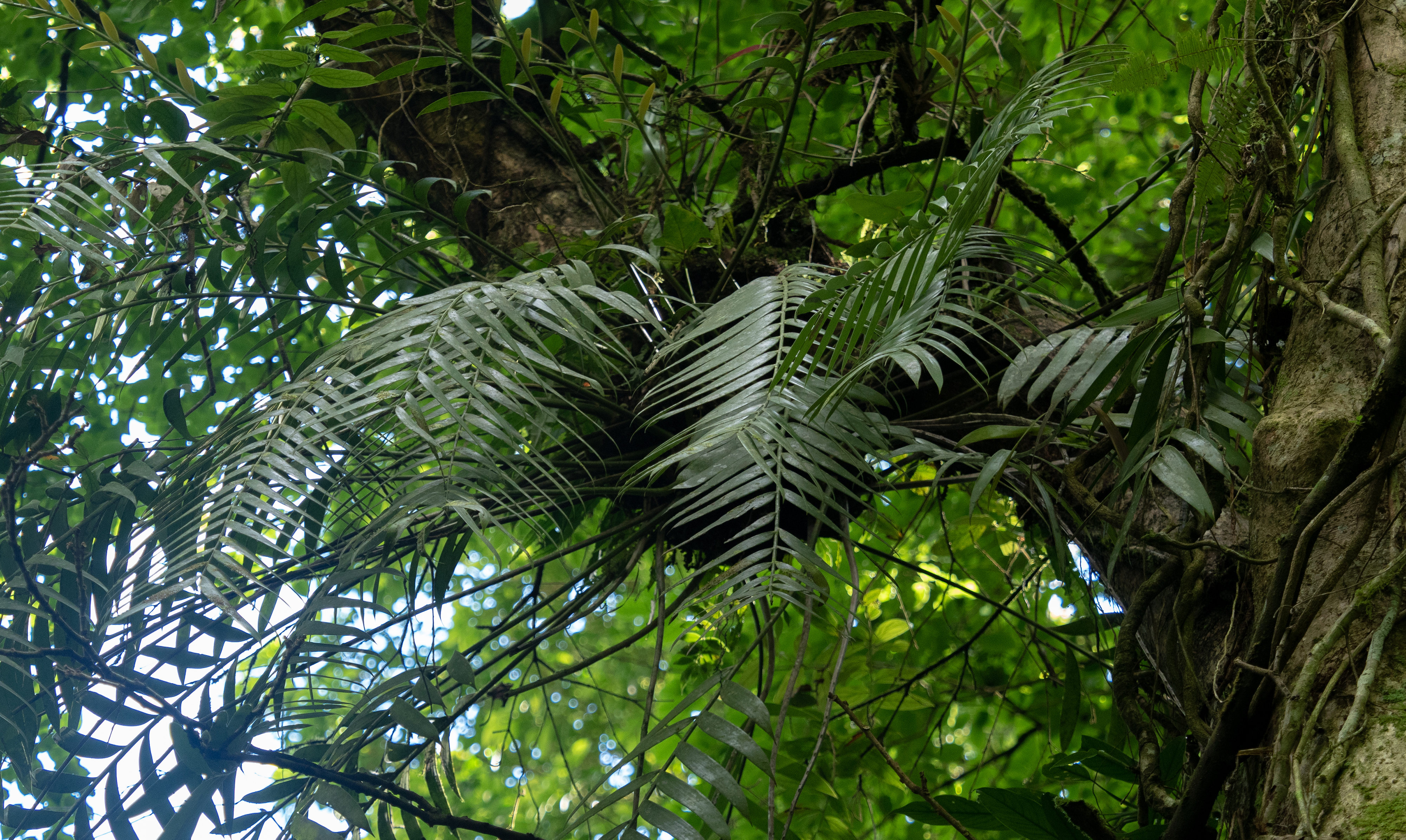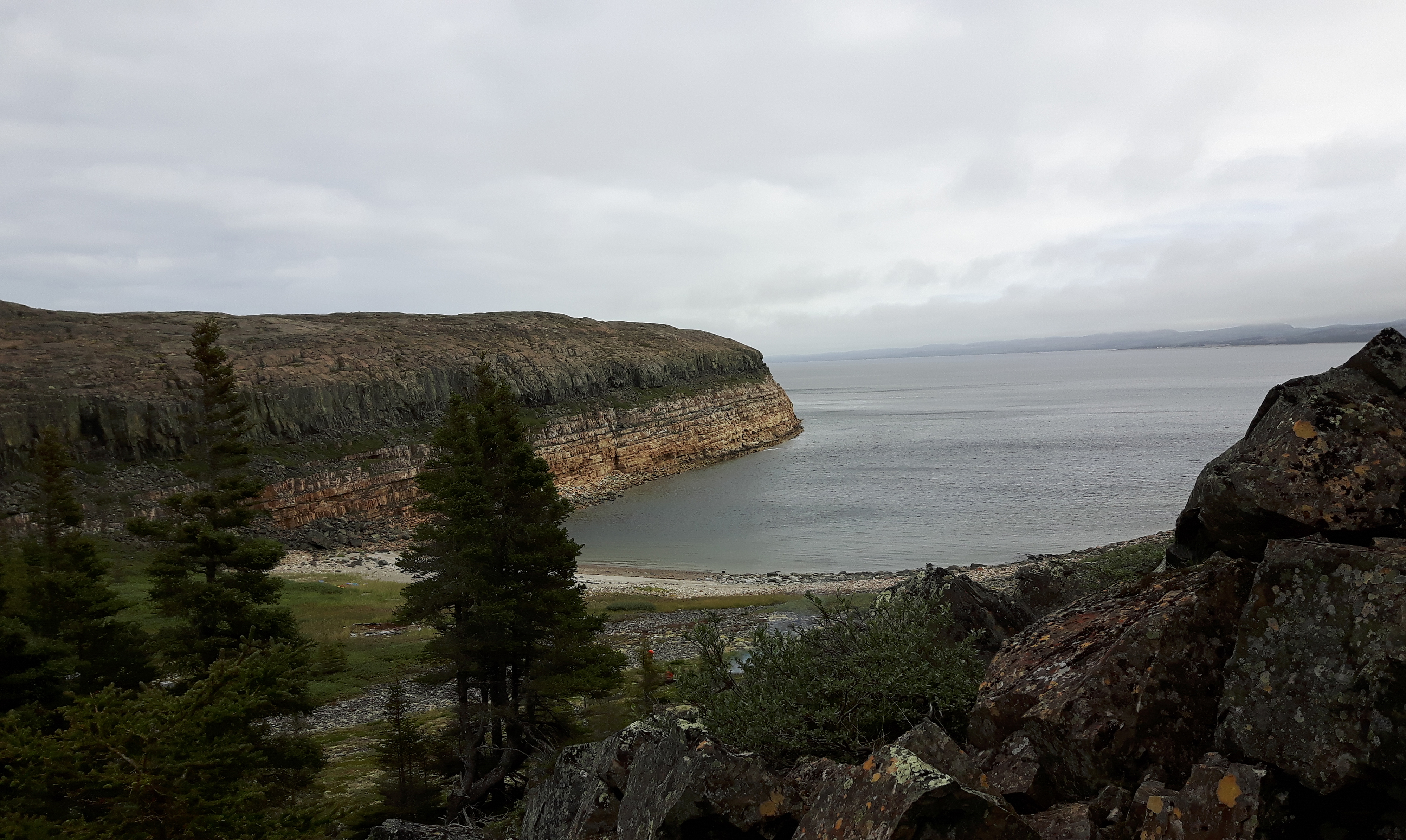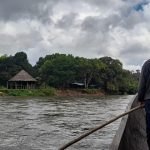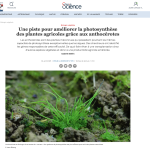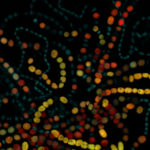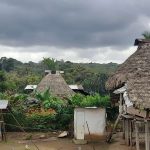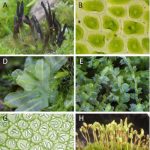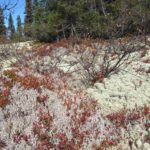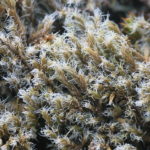
La présence de certains de ces gènes pourrait résulter du transport atmosphérique de bactéries résistantes à des antibiotiques utilisés en médecine et en agriculture par Jean Hamman.
Un petit article de vulgarisation sur l'étude de Alonso García et al. 2025.
L'importance des microorganismes résistants aux antibiotiques a récemment été soulignée.
https://nouvelles.ulaval.ca/2025/10/17/des-genes-de-resistance-aux-antibiotiques-sur-des-lichens-boreaux-du-quebec-6f8e2524-7f13-497f-b9fb-7519...
Read More
